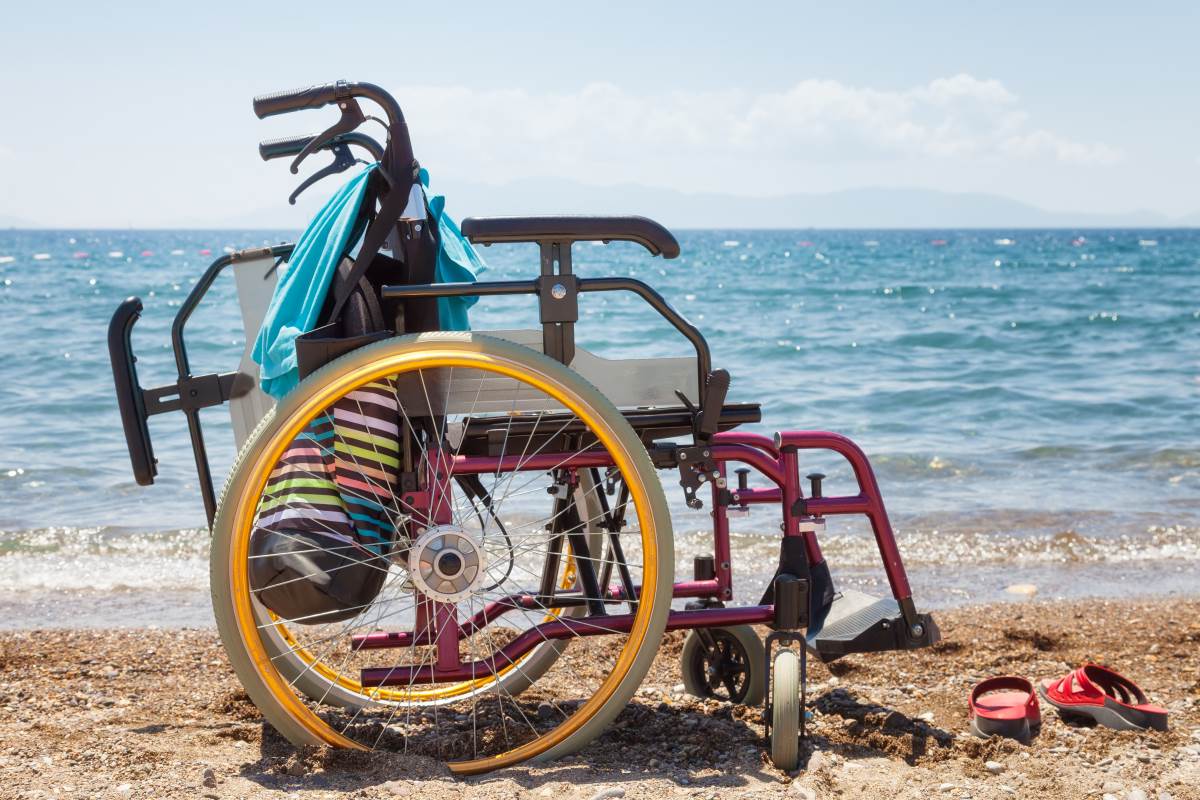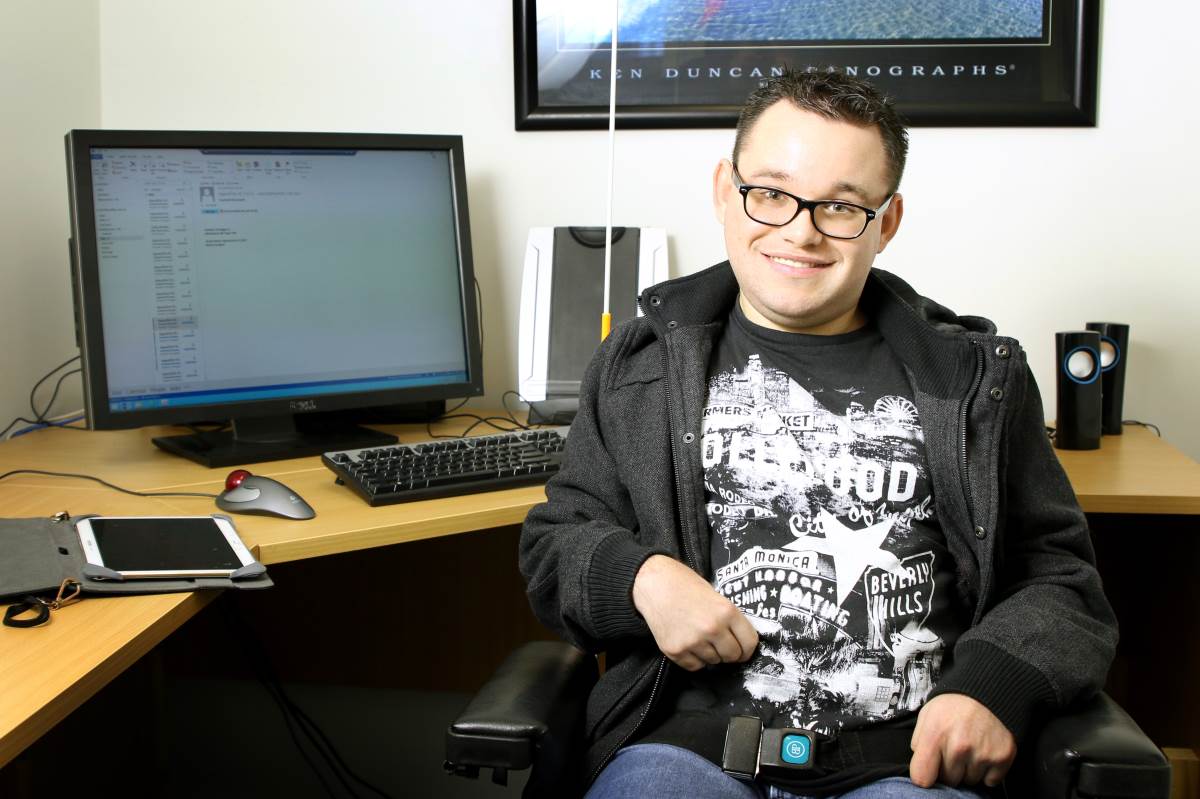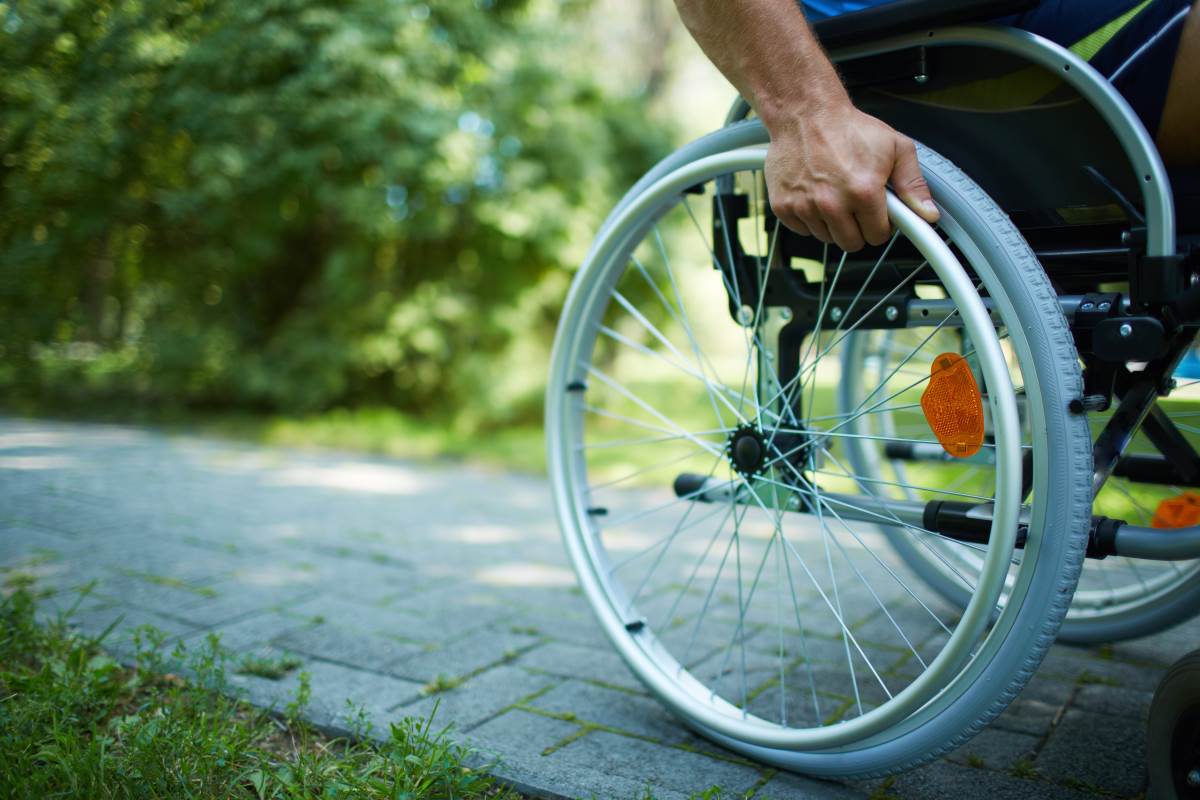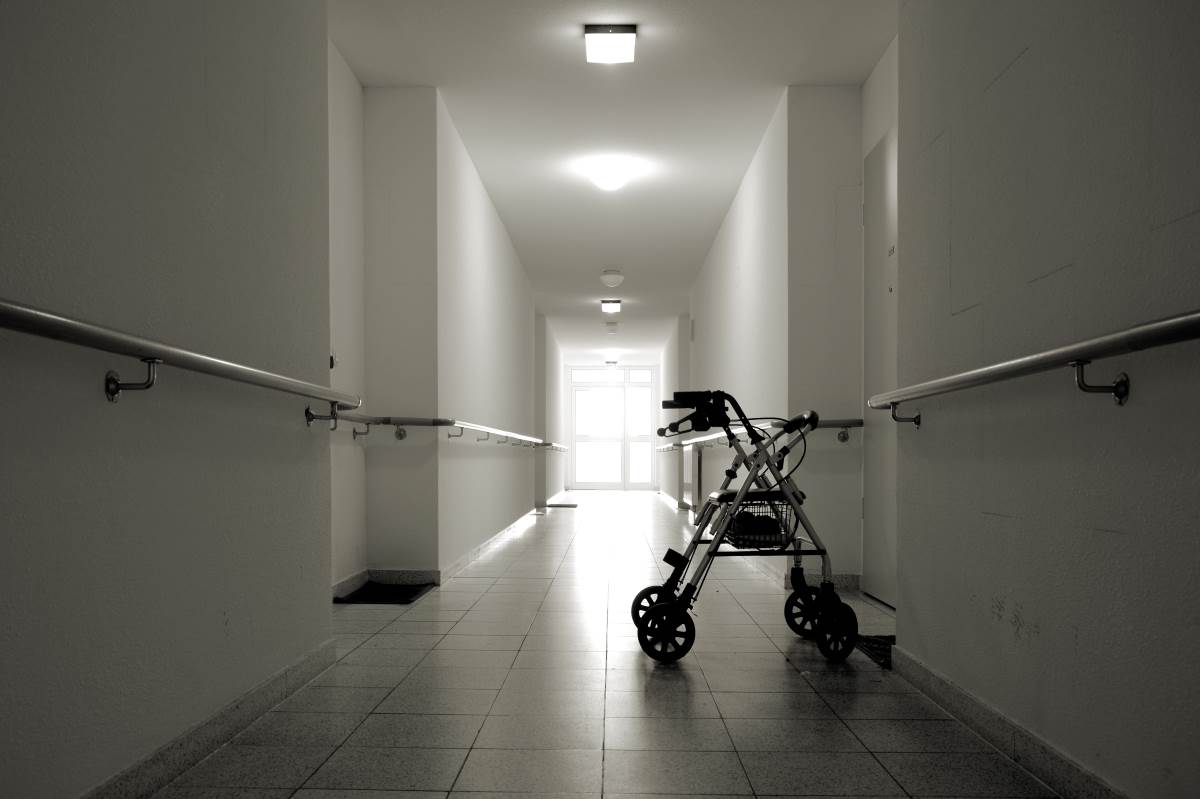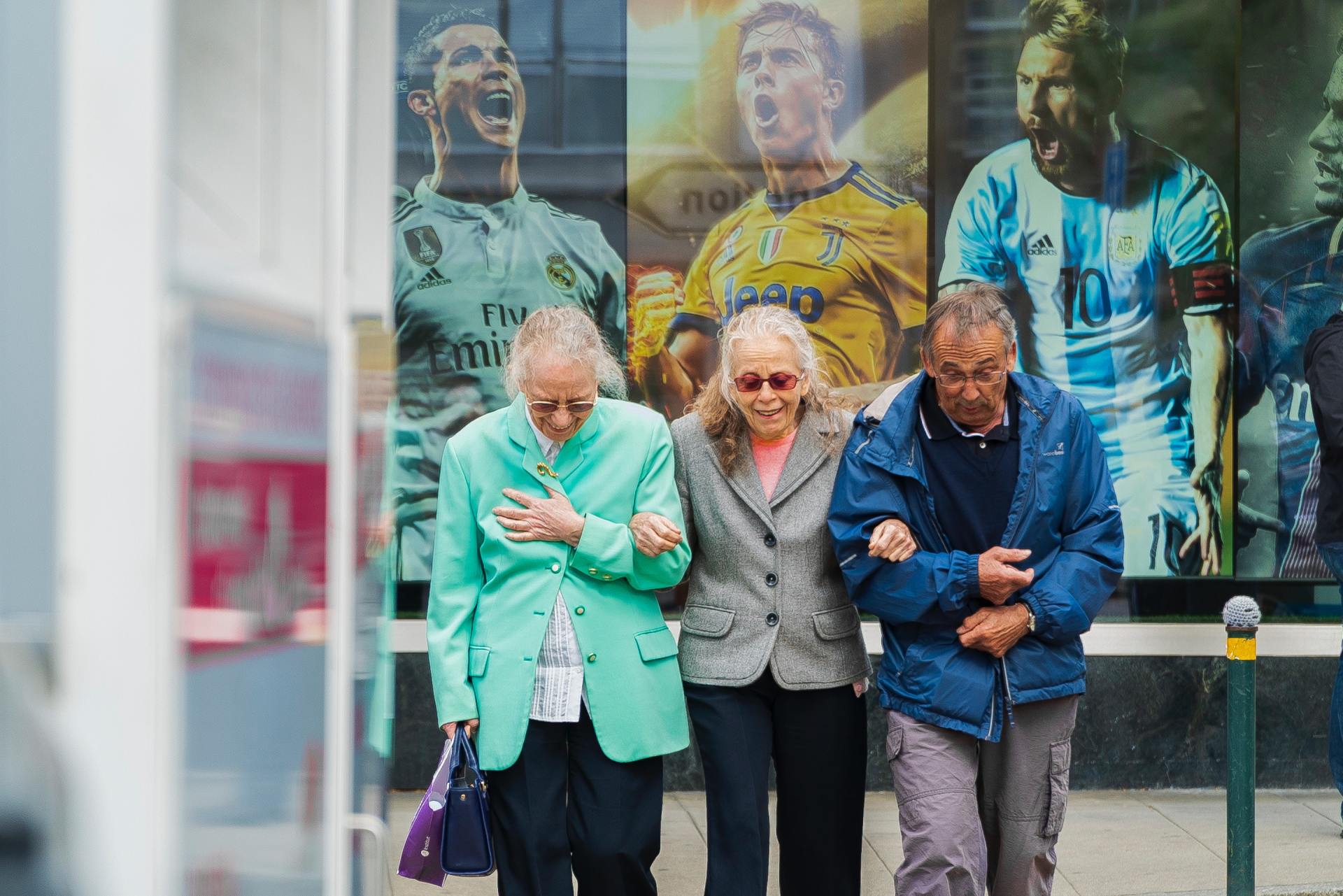SDA Housing Investments Blog
How the NDIS is using the market to create housing for people with disability
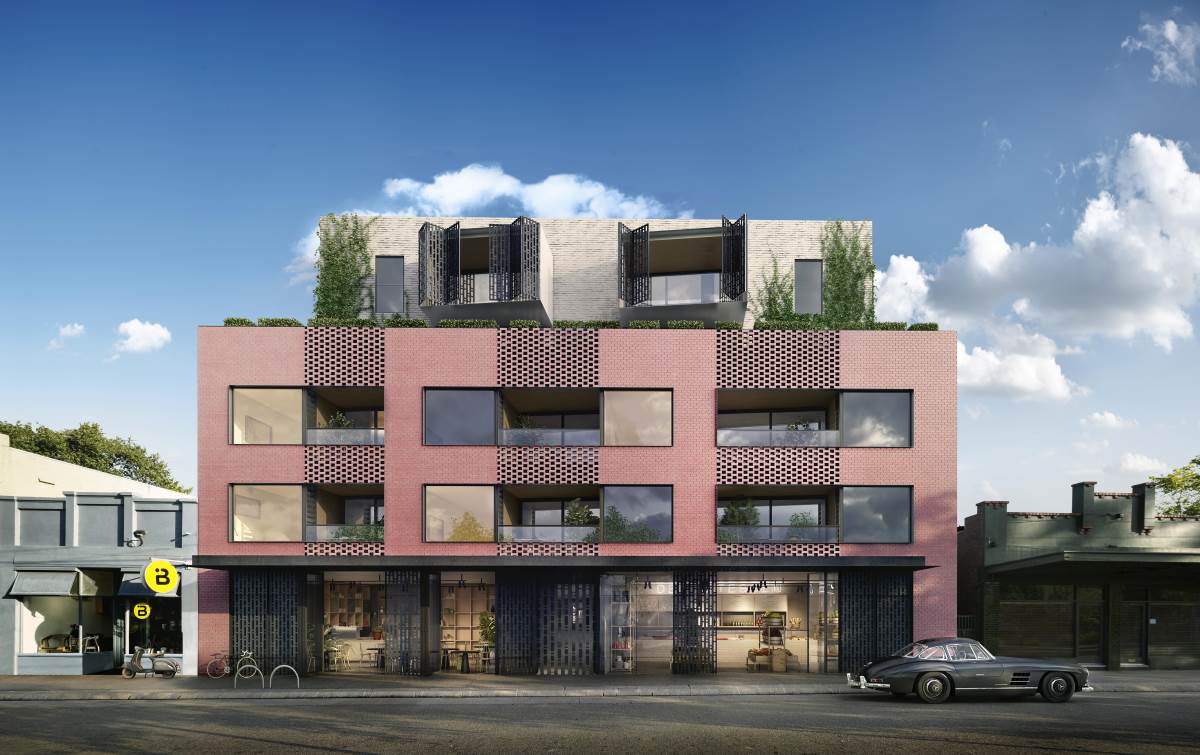
by, Di Winkler (The Conversation). Link to the original article:
Housing for people with disability is being transformed from grants-based funding to a market-based system where people with disabilities control their own funding. This market has the potential to grow in size by around A$5 billion over the next five years in the National Disability Insurance Scheme (NDIS).
PwC and the Summer Foundation recently released a paper called NDIS Specialist Disability Accommodation: Pathway to a mature market. The paper provides a vision of a mature, properly functioning disability housing market and outlines the pathway to reach it.
Further reading: NDIS housing rules for people with a disability could be life-changing
The importance of getting this market to work
Creating housing is one of the most important tasks for the NDIS. It’s especially important for the young people living in aged care and the adults with disability living with ageing parents.
More than 6,200 young people are living in aged care, with 2,000 young people entering aged care annually. In some parts of the country, young people occupy more than 20% of all aged care places.
The NDIS has the resources and mandate to fix this problem through the Specialist Disability Accommodation (SDA) payment policy. The NDIS has an annual recurrent budget of $700 million for SDA. This housing funding is designed only for people under 65 with very high disability support needs. This equates to around 6% of NDIS participants – 28,000 people.
Author provided
Further reading: To get young people out of nursing homes, we need to back up the NDIS with housing – here’s how
The SDA policy is ambitious. The value of all SDA properties across Australia is expected to total around $11.5 billion. The breakdown would be:
$2.5 billion to create housing for the 6,000 young people in aged care;
$2.5 billion to create housing for others with unmet needs for SDA; and
$6.5 billion to replace, refurbish and manage disability housing stock that existed prior to the NDIS.
How this market works
The PwC and Summer Foundation paper provides a vision for how this market will operate once it is mature.
The report shows how funding for housing provided directly to people with disability creates a user-driven market. People with disability will be empowered to decide where they live and who they live with.
NDIS participants with high support needs will receive annual funding to pay for the cost of their housing. The SDA payment is calculated based on the dwelling’s location, size and level of accessibility. The housing payments are designed to cover the costs incurred in providing the bricks and mortar and offer a return on investment at market rates (5-12%).
Critically, the provider bears the vacancy risk should they fail to find a tenant – only when the dwelling is occupied are SDA payments made. In this competitive SDA market, housing providers will compete to deliver the best outcomes for tenants, which include being close to shops and transport.
Progress over the past year
The government and the National Disability Insurance Agency (NDIA), which oversees the NDIS, have done a tremendous job in setting up this new funding stream. The new SDA rules under the NDIS Act took effect in March 2017. We are moving from policy design to implementation.
We now need to make sure that this well-funded and well-designed SDA payment delivers new housing on the ground.
The market is responding, with NDIS housing being built in cities across Australia.Large retail banks and superannuation funds are reviewing SDA transactions. Large developers are including SDA builds in some new developments.
Summer Housing (Summer Foundation’s sister entity) opened ten new SDA apartments in the Hunter Region of New South Wales in mid-2016. Contracts were recently signed for another ten apartments designed for people with disability throughout a 77-apartment development built by Grocon in Fairfield, Melbourne.
Summer Housing aims to build 300 apartments through SDA – meeting the needs of less than 5% of all young people in aged care.
Summer Housing has opened ten new SDA apartments in the Hunter region.
What will it take to meet the need more quickly?
Over the next five years, 16,000 new or refurbished SDA places are needed. Around 650-700 new SDA places were created or commissioned in the past 12 months. Only 250-300 of these are for unmet demand. The remaining 400 are to rebuild existing, outdated government disability housing stock.
The market needs to reach scale more quickly. The NDIA and government need to listen to and actively steward this fledgling market.
The government sector can do three things to accelerate progress toward a mature market:
The federal government can provide certainty to the market about how long these prices are guaranteed for and how any price reviews occur.
The NDIA can provide regular and good-quality information on demand for SDA.
Local and state governments can mandate targets for SDA in major developments.
Beyond these actions, there is the potential to link SDA with the federal government’s commitment to support a strong Social Impact Investing market in Australia. Social impact investments generate measurable social outcomes, while delivering a financial return to the investor.
Robust evaluation and evidence-based decision-making are integral to social impact investing. The NDIS approach will provide solid evidence that well-located housing with accessible design and technology will increase the quality of life and independence of NDIS participants, thereby reducing the NDIS’s lifetime care costs and liability.
The SDA market has the potential to demonstrate how government can leverage large amounts of capital from superannuation to fund other forms of affordable housing.
Further reading: The forgotten 660,000 locked out of home ownership
Laying the foundation for a revolution
For people with the highest levels of disability, the NDIS housing payment will bridge the gap between what people with disability can reasonably afford and the cost of building highly accessible housing.
This policy lays the foundation for developing the range and scale of housing needed to resolve the issue of young people in nursing homes in Australia.
The next step is for government to work with stakeholders in the market — including investors and the housing sector — to create the revolution in housing that Australians with a disability and their families have been waiting for.



